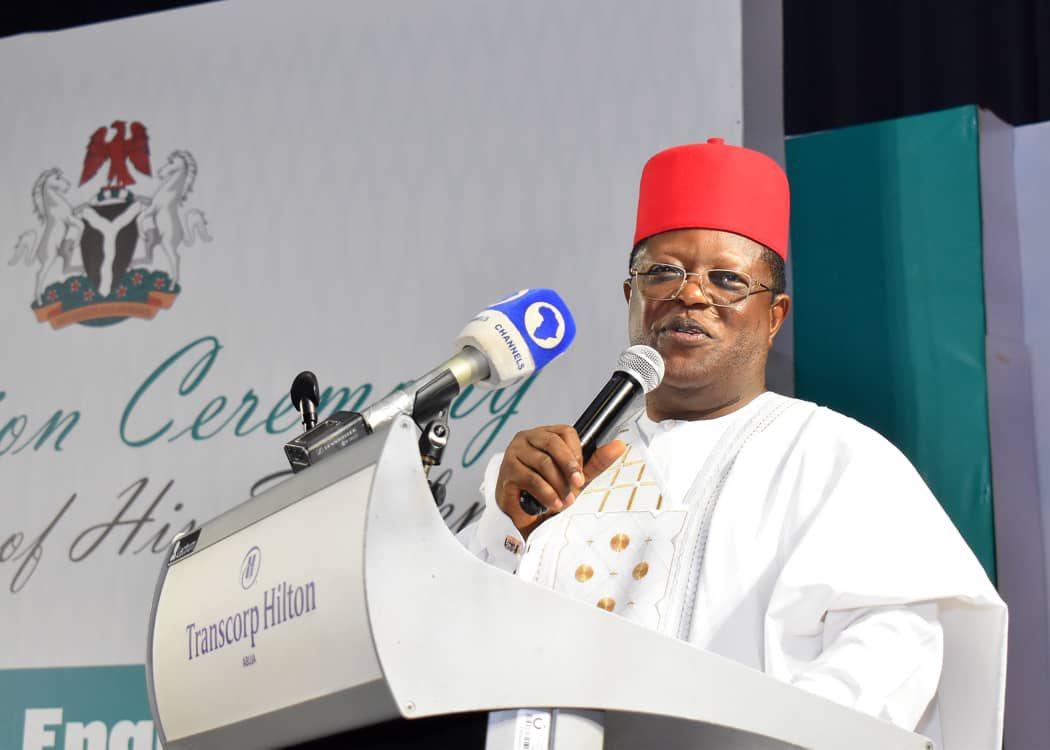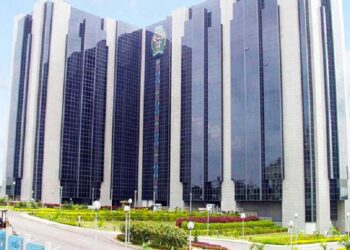He reinforced that the coastal road will connect to the Free Trade Zones (FTZs), deep seaports and Dangote Refinery in Lagos.
The Minister of Works spoke during a consultative meeting with stakeholders on the ongoing coastal road project.
Umahi explained that the Lagos-Calabar Coastal Highway was designed to relieve the strain on Apapa Wharf, which has long faced challenges due to its shallow berths that limit cargo handling capacity.
The constraints, he noted, necessitated the costly process of transloading, where goods are shifted between vessels, resulting in significant daily financial losses for Nigeria.
He also emphasised the importance of the seven axle road under construction, which will facilitate the seamless transportation of goods from the Dangote Refinery, Fertilizer Plant, and other major industries within the Lekki Free Trade Zone.
He said this critical infrastructure will connect to the Sagamu-Benin Expressway, ensuring smoother logistics and supply chains across key regions, including the North, South-West, South-South, and South-East.
In addition, the project is set to tap into the renewable energy potential along the coastal corridor, with plans to harness wind energy for future development.
The Lagos-Calabar Coastal Highway is a 700-kilometer project designed to span nine states, aimed at improving connectivity and boosting economic growth along Nigeria’s coastline.
Continuing, the Minister noted that the contract for the project was awarded to Hitech Construction Company Ltd under an Engineering, Procurement, Construction, and Financing (EPC+F) arrangement, where most of the financial and construction risks are assumed by the contractor, with the federal government providing counterpart funding.
The Minister of Works further stated that the full 700-kilometer highway is expected to be completed in eight years, with multiple sections beginning simultaneously once procurement, approvals, and other necessary processes were finalised.




